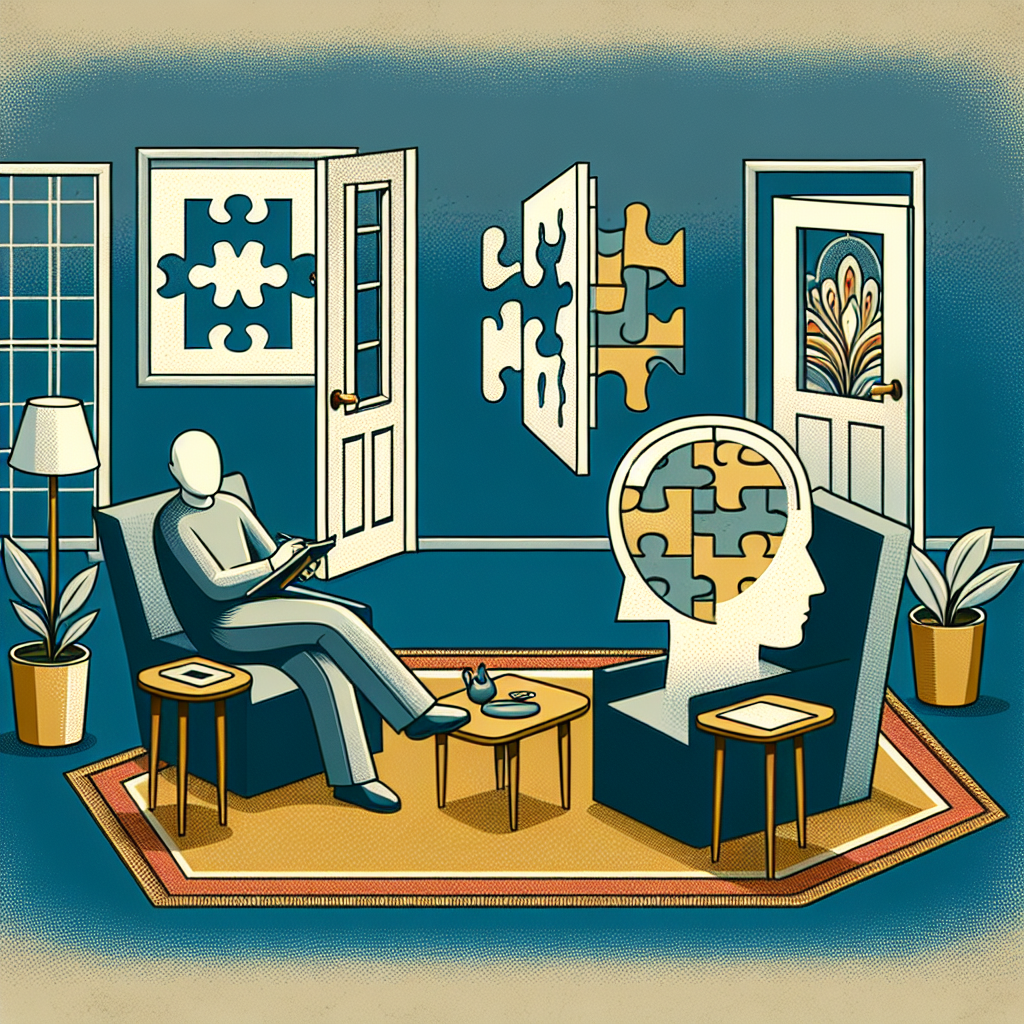Psychoanalytic theory has long been a cornerstone of psychological understanding and treatment. Developed by Sigmund Freud in the early 20th century, this approach to therapy focuses on the unconscious mind, childhood experiences, and the role of defense mechanisms in shaping human behavior. While psychoanalysis is often associated with the traditional therapist’s office setting, its principles can be applied in a variety of contexts beyond the consulting room.
One way in which psychoanalytic principles can be applied outside of therapy is in understanding interpersonal relationships. By examining the unconscious motivations and defenses that underlie our interactions with others, we can gain insight into the dynamics at play in our relationships. For example, someone who constantly seeks validation from their partner may be unconsciously repeating patterns from their childhood, where they did not receive enough attention or approval from caregivers. By recognizing these patterns, individuals can work to break free from harmful relationship dynamics and develop healthier connections with others.
Psychoanalytic principles can also be useful in understanding organizational behavior and leadership. By recognizing the role of unconscious motivations and defenses in workplace dynamics, leaders can better understand the behavior of their employees and foster a more productive and positive work environment. For example, a manager who is overly controlling and micromanaging may be unconsciously trying to compensate for feelings of inadequacy or fear of failure. By addressing these underlying issues, leaders can become more effective in their roles and create a more supportive work environment for their team.
Furthermore, psychoanalytic principles can be applied in educational settings to better understand and support students. By recognizing the unconscious factors that may be influencing a student’s behavior or academic performance, teachers and educators can provide more personalized and effective support. For example, a student who is consistently disruptive in class may be acting out due to feelings of insecurity or a lack of attention at home. By addressing these underlying issues and providing a supportive environment, educators can help students thrive academically and emotionally.
In conclusion, while psychoanalytic theory is often associated with traditional therapy settings, its principles can be applied in a variety of contexts beyond the consulting room. By recognizing the role of unconscious motivations, defenses, and childhood experiences in shaping human behavior, individuals can gain insight into their relationships, workplace dynamics, and educational experiences. By applying these principles in everyday life, we can work towards a deeper understanding of ourselves and others, leading to more fulfilling and meaningful interactions and experiences.


Leave a Reply